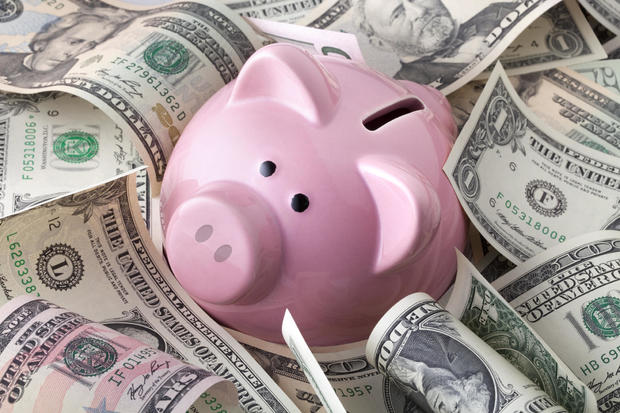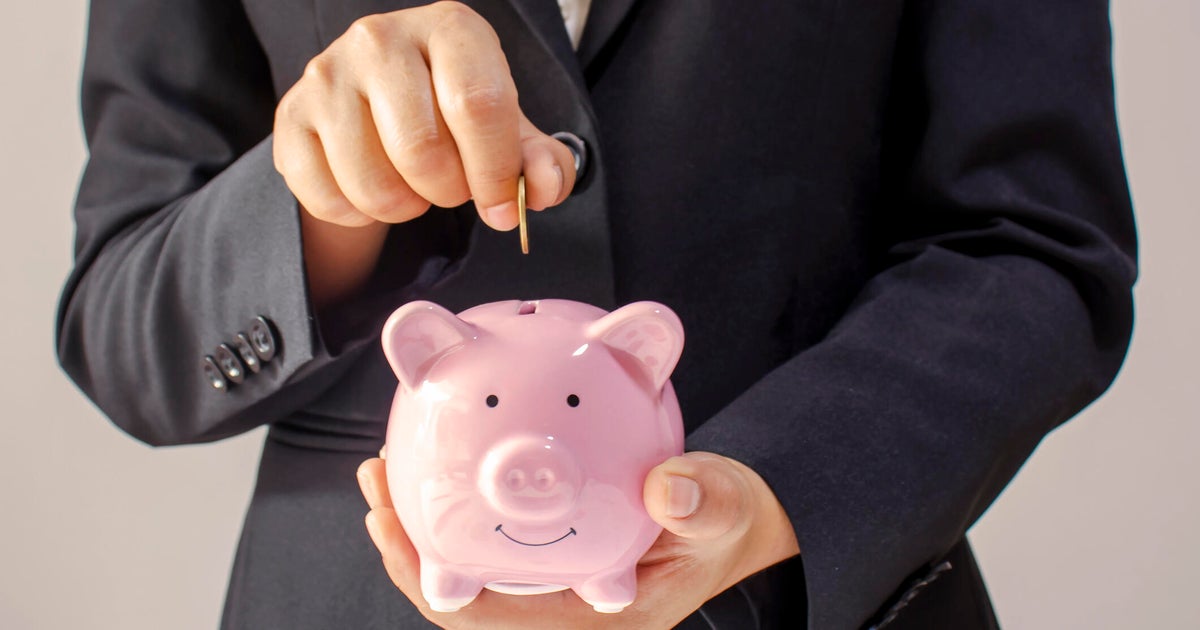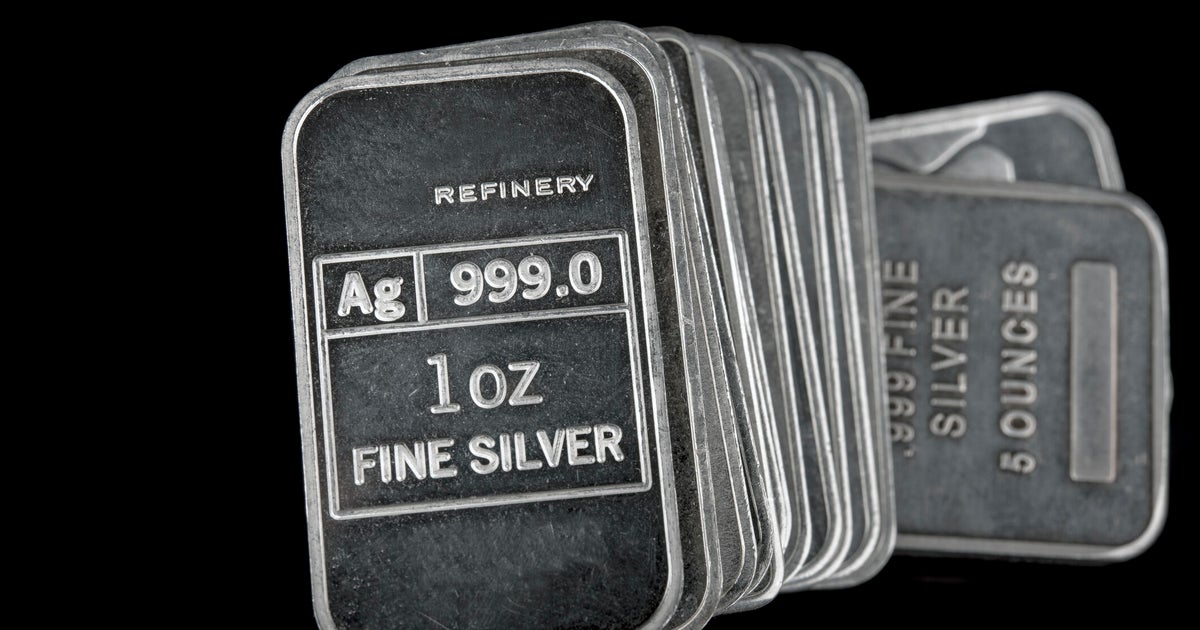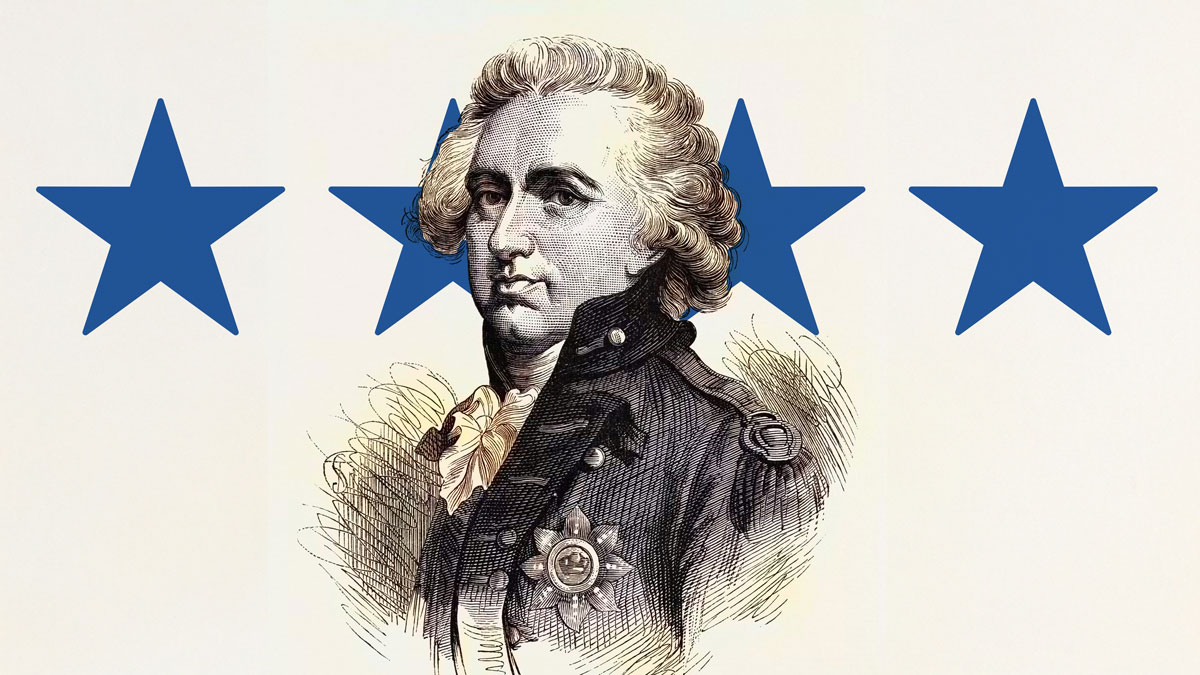4 types of savings accounts nearly everyone needs
Achieving financial security and peace of mind often begins with effective savings strategies. And, whether you're just starting your journey toward financial stability or looking to fine-tune your savings plan, there are four essential types of savings accounts that nearly everyone should have.
While you may think one savings account will cut it, in most cases, it makes more sense to have several types instead. That's because these accounts serve distinct purposes and can help you navigate various financial milestones and unexpected expenses. But what types of savings accounts should you have — and why?
Get started here by exploring your top savings options.
4 types of savings accounts nearly everyone needs
Here are four types of savings accounts that almost everyone needs:
Emergency fund: Your financial safety net
An emergency fund is the basis for financial security. It acts as a safety net that can help you weather unexpected financial storms without resorting to credit cards or loans — both of which come with high interest rates right now.
Your emergency fund should cover your essential living expenses, including rent or mortgage, utilities, groceries and insurance — or any other regular expense.
Why you need it
- Unforeseen medical expenses, car repairs, or sudden job loss can disrupt your financial stability.
- Having an emergency fund ensures that you can handle these emergencies without accumulating debt.
- It provides peace of mind, reducing financial stress during challenging times.
Where to keep it
- A high-yield savings account is a great option for this type of account. You'll get easy access to your money and a higher rate of interest than you would with a regular savings account.
Find out what you could earn with a top savings account.
Short-term savings account: Fun money and unexpected (small) expenses
A short-term savings account is your go-to source for smaller, planned expenses and unexpected purchases. This account is one that you can dip into when you don't want to touch your regular checking account — or can't justify dipping into your emergency account — but want to cover the costs of a purchase or minor repair. That could be anything from holiday gifts to a spontaneous weekend getaway or repairing a malfunctioning appliance.
Why you need it
- It allows you to enjoy life's pleasures without dipping into your emergency fund or resorting to using credit (and paying costly interest charges).
- You'll be prepared for expenses that don't qualify as emergencies but can still strain your budget.
Where to keep it
- A high-yield savings account is a smart option for this type of account, too. You won't have to worry about penalties or fees for dipping into it (like you would with some other types of interest-bearing accounts), and you'll still earn a higher rate of interest than you otherwise would.
Big purchase fund: Anticipate and prepare
Life is full of significant expenses, like home repairs, car maintenance or even saving for a down payment on a new home. A big purchase fund allows you to plan for these events well in advance — and keeps you from having to dip into your checking or other savings accounts. You'll also be able to track your progress for your specific purchases or goals more easily than you would if your funds were commingled in one account.
Why you need it
- It prevents these significant expenses from blindsiding you financially.
- You can avoid taking on debt by saving for these goals systematically.
Where to keep it
- If you won't need access to the money in the very near future, it could make sense to put this money in a certificate of deposit (CD) to lock in a high rate. That way, if rates go down, you'll continue earning the same rate you got initially. Plus, you can choose a shorter-term CD if you want to take that route.
- You can also opt for a high-yield savings account, which comes with a variable rate, meaning that the interest rate you're earning could decline if rates go down. However, you'll maintain access to your funds, which you wouldn't get with a CD (not without paying a penalty for early withdrawal, anyway).
Long-term savings account: Secure your future
Long-term savings are essential for securing your financial future — so it's important to have at least one designated account for this purpose. This includes saving for retirement, buying a home or investing for other long-term goals.
Why you need it
- Long-term savings accounts ensure you have the financial means to achieve your dreams and maintain your lifestyle in retirement.
- Compound interest can significantly grow your wealth over time.
Where to keep it
- It depends on your goals. If you're saving for retirement, a designated retirement account (like an IRA) makes sense. But if you're saving for a down payment on a home, it makes more sense to choose a high-yield savings account or a CD instead.
The bottom line
Having these four types of savings accounts in your financial toolbox can provide you with the security and flexibility needed to navigate life's uncertainties and achieve your long-term goals. Remember that consistent contributions to each account, along with prudent financial management, will help you build a solid foundation for your financial future. If you get started today, you can watch your financial security grow over time.




